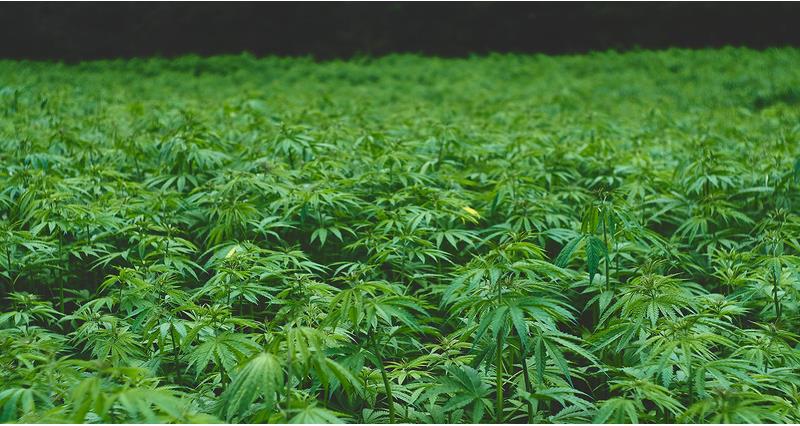Currently, industrial hemp (a variety of the Cannabaceae plant containing less than 0.2% THC) can be grown and harvested in the UK production under licence from the Home Office and can be utilised as a beneficial low input break crop in the rotation.
Varieties of industrial hemp permitted to be grown under licence are strains that contain less than 0.2% of the psychoactive substance THC (Tetrahydrocannabinol).
According to feedback from industry, the current licence application process puts many potential growers off, but the NFU has been working with the hemp industry on the current licensing regime, working for more accessible licensing and fairer regulation.
Key changes and timeline
- Expansion of the rules to allow licence holders to able to grow hemp anywhere on a licensed farm – 2025 growing season.
- Extension of the maximum period for a licence from three to six years, subject to compliance with the licence terms – 2026 growing season.
- Allowing those applying for a licence to defer its start date by up to one year, helping farmers to make business planning easier – 2026 growing season.
‘Huge potential’
Responding to the news, NFU Combinable Crops Board chair Jamie Burrows said industrial hemp production provides “huge potential for British arable farmers”.
“It is one of the most sustainable crops farmers can grow, is a really good crop for capturing carbon from the atmosphere, has little to no input requirements and also has the ability to diversify farming businesses and crop rotations, especially when other break crops like oilseed rape are becoming more difficult for British farmers to grow due to increased pest pressure,” he said.
Hemp is an incredibly fast-growing plant, with some varieties growing up to 5m tall in just 3-4 months, absorbing large amounts of CO2.
“Industrial hemp production provides huge potential for British arable farmers.”
NFU Combinable Crops Board chair Jamie Burrows
Its carbon capture ability combined with low water and pesticide requirements make it an incredibly sustainable crop that contributes toward climate ambitions.
The seeds and plant fibre from the mature stalk can also be processed into a wide range of sustainable and environmentally friendly products.
Growers who wish to produce the controlled parts of the plant (the leaves, flowers) for lawful purposes, including the production of pharmaceuticals such as canabidiol-based products for medicinal use, can do so under a standard cannabis cultivation licence.
Jamie said he was “extremely pleased” the licensing regime had been reviewed to make it easier for farmers to grow hemp.
“The changes, which have been driven by the NFU, particularly crops board appointee Heather Oldfield, and developed in collaboration with the industry, will also provide farmers with much needed confidence to invest in the industry and expand their farming businesses," he added.
Next steps
The government has said it has asked the Advisory Council on the Misuse of Drugs to provide advice on whether the THC permissible in industrial hemp varieties could be safely raised to 0.3%, but has said any changes to the THC level are not expected to be in place for the 2025 growing season.
The NFU continues to work with government to ensure that UK growers have access to a selection of varieties that meet the needs of an evolving marketplace.
Defra has said the number of hemp licences has grown from six in 2013 to 136 hemp licences in 2023. A first-time licence costs £580 for three growing seasons. Repeat growers currently pay £326 for a licence, less than £109 per year.
